
IMAGINE your drains, sinks and toilets running the opposite way.
It wouldn't just be water coming back through. It would include wastewater and raw sewage from your kitchen sink, washing machine, bath tubs and toilets. This is a common problem that as one would expect, is disgusting, time-consuming, costly, and can happen without warning.
In most cases, the cost of clean up lies with the homeowner and not the utility company, and basic homeowners insurance may not cover this type of incident. But don't worry, there are steps you can take to avoid this mishap, and prepare for it if it ever takes place.

Follow these simple steps to contain the damage and start recovering.
- Carefully try to close as many drains as you can, using extra care with ceramic plumbing fixtures
- Don't run water down any drains or toilets in your home until the clogs are cleared
- Check if neighbors are affected. This could indicate a problem in the main line
- Call a plumber to assist with clearing the issue and closing your drains
- Call your utility to report the issue. They’ll recommend action and check the main line
- Call your homeowners' insurance company to determine what coverage may be available
- Call a contractor to clean and restore your home to a livable condition. Your insurance company should be able to recommend one

You do.
If the backup occurs in your service line or in the main line as a result of anything other than the utility’s negligence, it is ultimately your responsibility to clean up the mess and restore the line. Click here to see an overview of the anatomy of common plumbing configurations and problems that can cause a sewer backup.
Your utility isn’t responsible for your lines, or for acts of nature or vandalism. In many cases, the utility will coordinate clean up with a cleaning service to help minimize the damage, but the financial responsibility probably lies with you.

An ounce of prevention is worth a pound of cure.
- Plumbers can help assess your risk and install back-flow valves to protect your basement
- You can use grease-fighting liquid dish soaps like Dawn® to break up grease blockages
- Review "this list of items to never wash down a drain
- Make sure your homeowners insurance policy includes coverage for sewer backups

Your utility is working hard to keep your home safe.
Unfortunately, even with regular scheduled maintenance, some backups are simply unavoidable. These include events caused by vandalism, infrastructure breakdown, ground movement or natural disaster.
Fortunately, most utilities use industry best practices to maintain sewer systems and lessen the risk of a stoppage. This includes video or physical inspections, the use of degreasing chemicals and regular cleaning.

Inexpensive insurance options are available.
Your homeowners insurance company may offer coverage for sewer and drain backups. This add-on to your regular policy could cost just a few dollars a year, depending on how much coverage you want.
Ask your agent for more information or contact the insurance companies listed below.
-
Allied Insurance
Allstate
American Family
American National
Chubb
Country Financial
Colorado Farm Bureau Insurance
Farm Bureau Property & Casualty
Farmers Insurance
Farmers Union Insurance
Fireman's Fund
Liberty Mutual
Nationwide
Progressive
Safeco Insurance
State Farm Insurance
USAA











